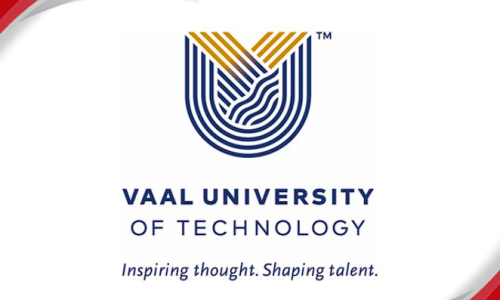Jobs-skills mismatch will render SA degrees useless

Jobs-skills mismatch will render SA degrees useless
- |
-
Jul 13, 2023
The mismatch between the available jobs and outdated skills will make university degrees unsustainable in the future digital economy, and create an unemployable generation in SA.
This is the sentiment shared by panellists during a roundtable discussion at the recent Future of Work Summit hosted by CNBC Africa, moderated by the news channel’s anchor, Fifi Peters.
During the discussion, titled: “The changing profile of in-demand jobs in South Africa,” the panellists agreed that recruiters, industry and academia should collaborate to explore where new jobs are being created, to better prepare youth for the changing job market and the digital economy.
The panellists included Barry Vorster, director of BDO South Africa; Alison Palmer, head of HR at Dariel Software; and Joseph Gerassi, executive head at Redhill School.
They discussed the role of upskilling and vocational training in preparing the workforce for future roles, highlighting how the jobs of the future are resulting in university degrees becoming less relevant, as industry certifications become more important.
“As an educational institution, we know that university degrees are not going to be sustainable in the long-term, and we have to look at where the world is going,” commented Gerassi.
“The reality is that schools have always been set up for the job market. Today, we are still supplying the same workers as we did during the industrial revolution period, and we are not thinking about what the new world is bringing us.
“So, we are in a situation where schools don’t know what the job market wants, and universities and examination boards are ignoring what the job market wants, because they are still giving the same knowledge-based exams and tests as the first-time schooling system did.”
The World Economic Forum’s latest “Future of Jobs” report shows that 23% of all jobs globally will change by 2027, noting that job losses are set to outpace growth in employment opportunities in the short-term.
According to the report, the adoption of technology and increased digital access will result in an anticipated 69 million new jobs being created and 83 million jobs being eliminated.
It anticipates the fastest-growing jobs will be in the artificial intelligence (AI) and machine learning space, including technology specialists, sustainability specialists, business intelligence analysts and information security specialists.
As more jobs become radically transformed by technology, Vorster warned, the ramifications of educational institutions continuing to produce students who have traditional skills could be dire.
The mismatch between future jobs and skills will result in a widening skills gap and a largely unemployable population, he stated.
“The skills mismatch is contributing to the unemployment crisis. SA is one of the few countries in the world that provides a tax allowance to corporates for the Sector Education and Training Authorities (SETA). But that money has by-and-large not been directed towards the large groups of unemployed youth.
“South Africans are exceptional at learning application- and drone-related skills, and we should be increasing the levels at which we offer skills development in these areas. We should very quickly work with industries and have discussions between universities, the unemployed and corporates about the relevant skills of the future. If we don’t, we will get left behind.”
All the funding channelled towards SETA-related learnerships in SA has not contributed towards higher productivity levels in the corporate sector, nor has it reduced SA’s high levels of unemployment, Vorster added.
According to data from Statistics South Africa, the country's jobless rate rose to 32.9% of the labour force in the first quarter of 2023, up from 32.7%. The total number of unemployed youth (15-34 years) increased by 241 000 to 4.9 million, according to the report.
According to the panellists, the widening skills gap will become the key barrier to addressing SA’s unemployment rate, with the best way to resolve the skills mismatch being through training, reskilling and upskilling across all industries.
They pointed out SA’s education sector needs to look at new approaches to deploy education and build skills for tomorrow’s workforce, while building a new “pro-worker” in preparedness for the jobs of the future.
Palmer added: “The advent of AI and ChatGPT has taken the world by storm and what we’re finding is that roles within the IT and other industries are changing dramatically. The jobs of two weeks’ time have not yet been invented and industries are moving tremendously quickly. We’re seeing a huge uptake and demand in upskilling.”
Employer support and career management teams will be important to effectively prepare today's students for tomorrow's economy and society, noted Palmer.
Discussing industries that are still safe from being replaced by AI, Gerassi pointed out: “There are industries where AI is not going to be able to take over. These are healthcare, teaching and nursing professions.
“We have a growing aging population that will be living much longer and AI can’t look after them because that’s where we need the human touch. Teaching, nursing and other healthcare-related jobs were undervalued in the past, and they have all of a sudden become far more valued because a machine doesn’t have a human touch, no matter how much you code it.”
Add a Comment
Related Resources
Get New Jobs Notification!
Sign up with your email address to receive news and updates. Subscribe to get our latest content by email. We respect your privacy, Unsubscribe at any time.

























Comments